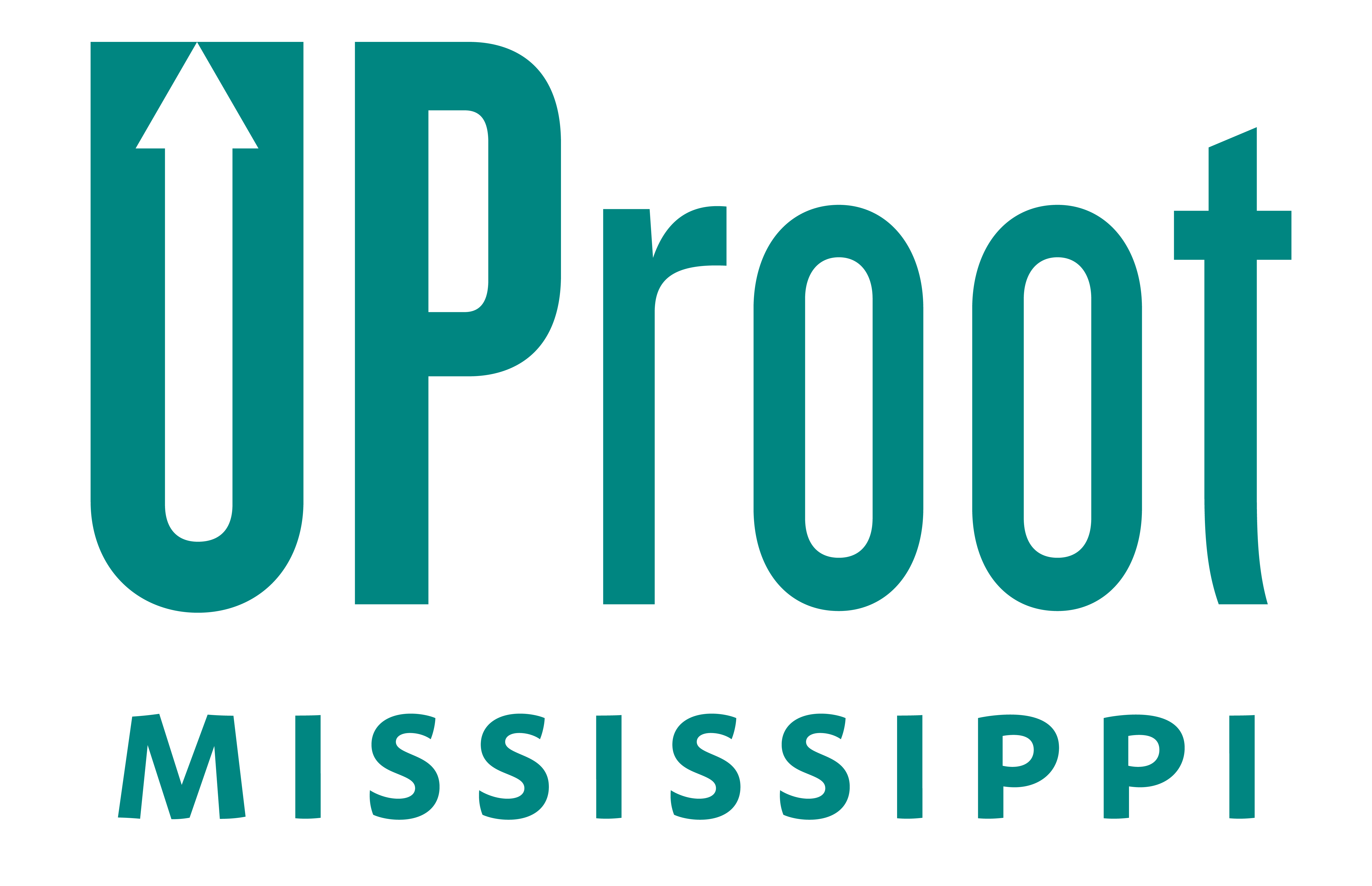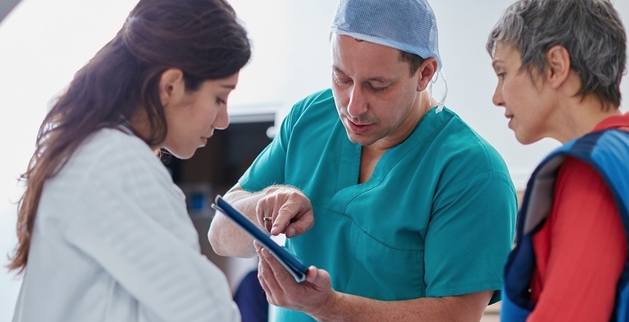“We hope to prevent people from ever hearing the words ‘you have cancer,” says Beth Dickson-Gavney of the American Cancer Society. “We also work to ensure that those who do have cancer are getting quality timely treatment and have a high rate of survivorship.”
As the Senior Director of State & Primary Care Systems for ACS’ South Region, Dickson-Gavney is active in advancing the UProot priorities of Creating a Culture of Health + Reducing the Rate of Chronic Disease. She leads the teams of cancer control staff who work with partners around Mississippi (as well as in neighboring states from Arizona to Alabama) to increase prevention and early detection.
“We try to work from a systems approach,” she says. “We want to save the most number of lives through the fewest deaths.”
That means that Dickson-Gavney and her team work with a number of partners to reach more people than they could directly reach themselves. For example, one meeting with a large employer can result in their covering costs for an employee tobacco cessation program. They “train the trainer,” educating providers about how to educate patients on cancer prevention, and coaching clinics on how to increase the cancer screening rate.
If patients are diagnosed, ACS staff work with hospitals and treatment centers that provide treatment. They can help if people need a ride to treatment or a place to stay during treatment. After a successful treatment plan, they return to their primary care provider.
ACS South Region is involved in several projects that help prevent cancer and increase the rate of diagnosis and survival:
Health Equity Community Projects: Jackson is one of the cities chosen for the first cohort for this new program, which shares community-driven solutions among sister cities.
80 percent in every community: Its goal is for 80% of 45+ adults in every community to be screened for colorectal cancer. The program especially targets people whose insurance covers this screening.
Road to Recovery program and lodging during treatment at the new Hope Lodge in Jackson
Project ECHO: University of Mississippi Medical Center leads this telementoring learning collaborative of pediatric providers, which is designed to increase HPV vaccination rates statewide. The current focus is the Mission HPV Cancer Free Campaign, whose goal is to vaccinate children against HPV at 11 or 12 years old, which can provide lifetime protection for six different types of cancer.
Tobacco prevention: Lung cancer is the most deadly of cancers, and smoking is the number one cause. Dickson-Gavney says that there is a relatively new, simple screening for lung cancer, and only around 5% people who are eligible for it receive it.
“We’ve done such a good job at stigmatizing smoking that now we have to fight the stigma around lung cancer — guilt and shame that ‘Maybe I caused this,’ which can make people avoid getting screened and treated,” Dickson-Gavney says.
“Until now, the survivorship rate hasn’t been great. But now there’s a screening, and if we find cancer early, we can treat it,” she says. “It’s important to get the high risk individuals screened.”
The American Cancer Society’s annual Making Strides Against Breast Cancer fundraising walk is Oct 26 in Jackson this year. Learn more about the event and register here.

